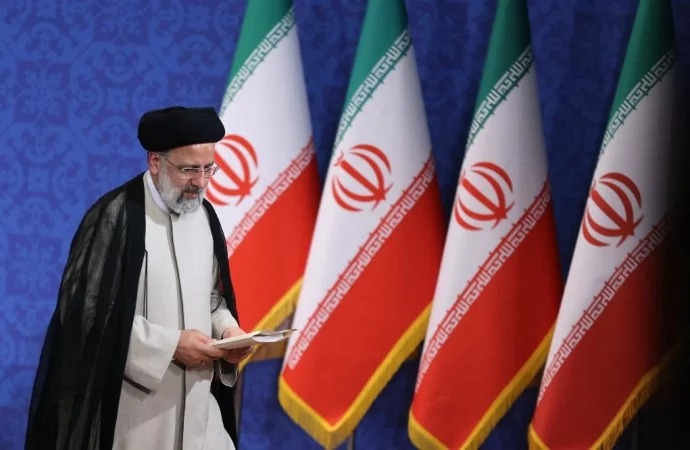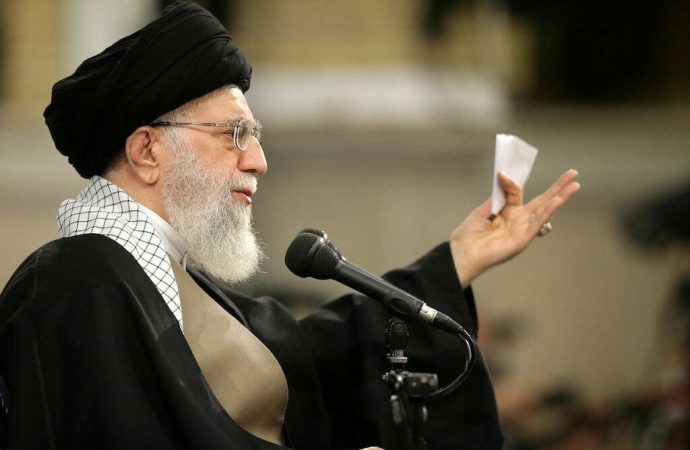Introduction In a stunning turn of events, Iran’s leading moderate figure finds themselves banned from the influential body responsible for selecting the supreme leader. This article delves into the intricacies of this political upheaval, examining the motivations behind the ban, its far-reaching implications on Iran’s political landscape, and the Iran political ban potential ripple effects
Introduction
In a stunning turn of events, Iran’s leading moderate figure finds themselves banned from the influential body responsible for selecting the supreme leader. This article delves into the intricacies of this political upheaval, examining the motivations behind the ban, its far-reaching implications on Iran’s political landscape, and the Iran political ban potential ripple effects reverberating both within the country and on the global stage.
The Banning of a Moderate Voice
1. Prominent Figure Targeted:
The ban targets a key moderate figure in Iranian politics, known for advocating for diplomatic engagement and moderation in contrast to more hardline factions. This move sends shockwaves through the political landscape, raising questions about the motivations driving such a drastic measure.
2. Body Responsible for Supreme Leader Selection:
The body responsible for selecting the supreme leader holds immense power and influence in shaping Iran’s political trajectory. The banning of a moderate voice from this crucial body indicates a shift in the dynamics of power and ideology within the highest echelons of Iranian governance.
Motivations and Implications

This image is taken from google.com
1. Hardline Consolidation of Power:
The ban is seen as a move by hardline factions to consolidate power within the decision-making bodies. This signals a potential shift in the ideological direction of the country, impacting policies related to domestic governance and international relations.
2. Impact on Domestic Politics:
Domestically, the banning of a leading moderate figure triggers reactions across the political spectrum. Supporters may perceive it as a threat to a more open and moderate political landscape, while hardline factions view it as a step towards reinforcing conservative values.
Comparative Overview: Political Restructuring
| Country/Region | Restructuring Move | Notable Consequences |
|---|---|---|
| Iran | Banning moderate from key body | Shift in power dynamics and ideology |
| Turkey | Purging of military and judiciary | Consolidation of power, political changes |
| Russia | Amendments to presidential terms | Prolonged leadership, potential shifts |
International Ramifications
1. Impact on Nuclear Talks:
The international community closely watches the developments, particularly as Iran engages in nuclear talks. The banning of a moderate figure may influence the negotiating stance, potentially affecting the dynamics of diplomatic engagements.
2. Global Perception of Iran:
The global perception of Iran is likely to be shaped by this move. Countries and international organizations will assess the implications on regional stability, human rights, and diplomatic relations, with potential repercussions on existing international alliances.
Conclusion
The banning of Iran’s leading moderate figure from the body responsible for selecting the supreme leader marks a pivotal moment in the country’s political trajectory. As Iran undergoes a reconfiguration of power dynamics, the repercussions are felt not only within its borders but also on the global stage, shaping diplomatic engagements and influencing perceptions of the nation.

















Leave a Comment
Your email address will not be published. Required fields are marked with *